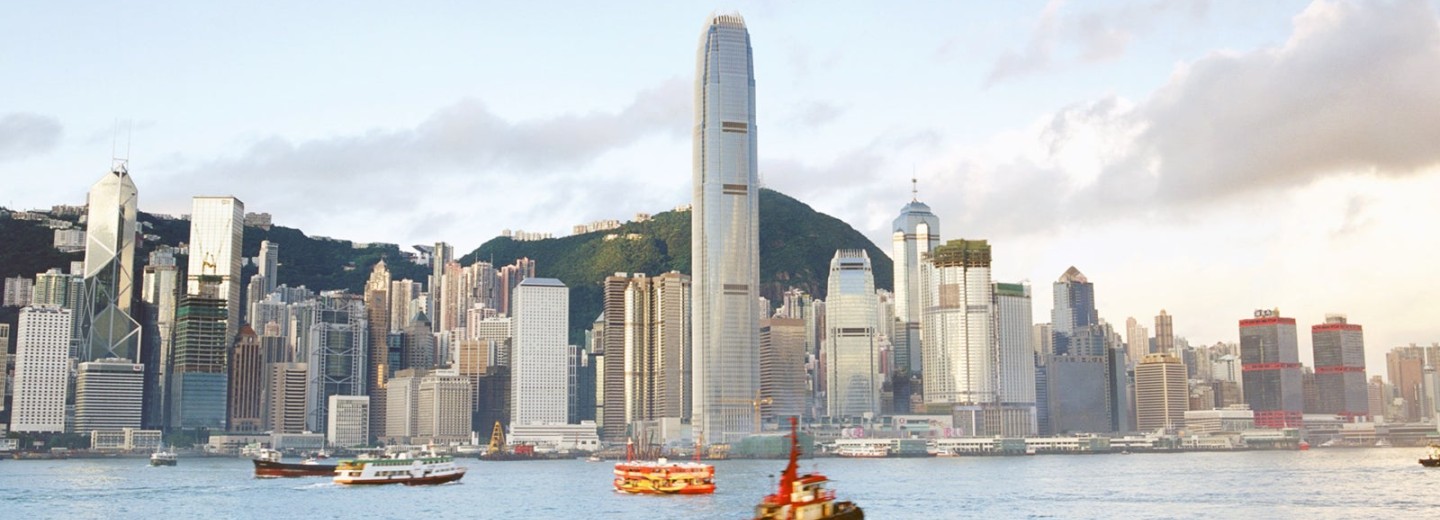Mixed views of Hong Kong
In London today very few people have anything good to say about China. Most also deplore what the media feeds them about a Hong Kong ‘ruled’ by China. ‘The city is run by communists’, some say, with not a vestige of reality. Even if true, would that condemn everyone in Hong Kong to a life of fear and egalitarian penury? The press has shown more balance in recent media articles. Maybe some journalists are finally listening to those who know about and live in Hong Kong.
The critics
There are those who justify recent chaotic events in the UK government as somehow noble and enlightening. An article by Gideon Rachman of the Financial Times had the extraordinary headline ‘Why I’d rather have Truss’s chaos than Xi’s stability’. He contrasts the 20th National Congress of the Chinese Communist party with that of the recent Tory party conference. He points out that the Chinese Congress was everything that the Tory party conference was not: choreographed, disciplined, and united.
Somehow discipline and order are wrong in Mr Rachman’s eyes.
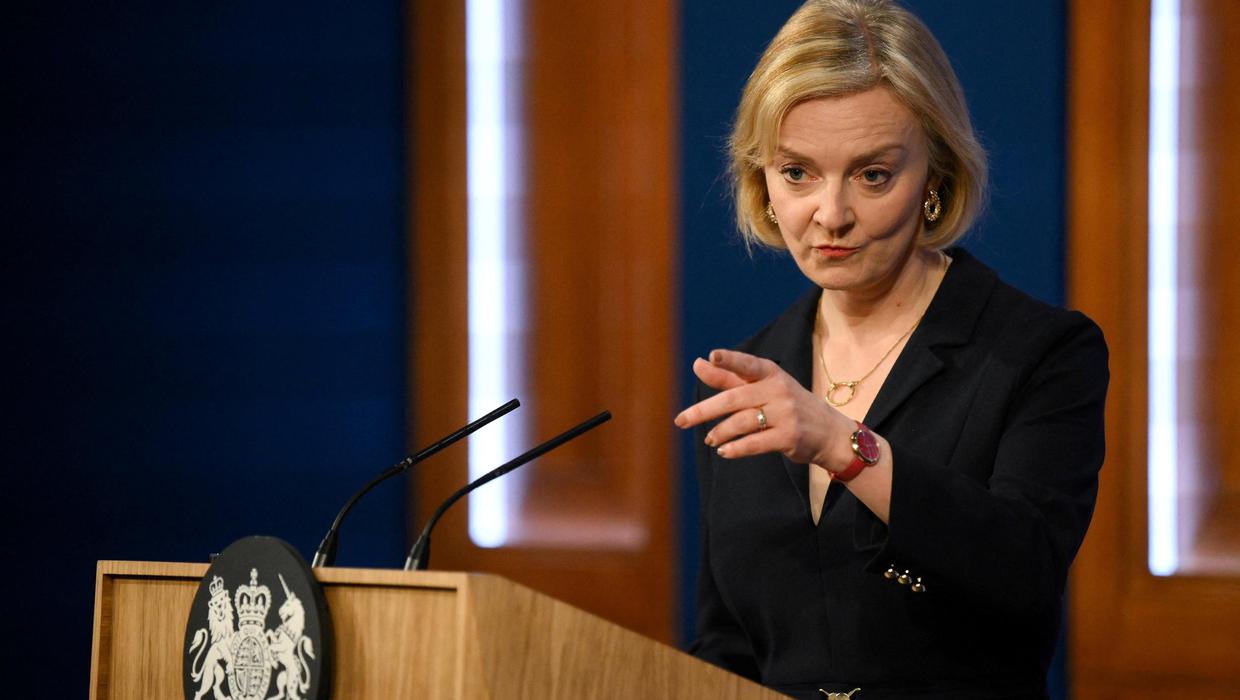
Another commentary, to which I was privileged to listen, seems better balanced and more practical. Sir Jeremy Fleming is the Director of GCHQ. (“We are the UK's intelligence, security, and cyber agency. Our mission is to help keep the country safe.”).
After reviewing the many global threats to the UK, Sir Jeremy asks:
If China is the question, what is the answer?
China is now shaping the world’s technological eco-system, Sir Jeremy alleges. If the UK is to counter the threat from China, then it must do better itself. It must invest more in innovation. To protect itself, the UK must take back the technological lead that China has gained in recent years.
Fair enough.
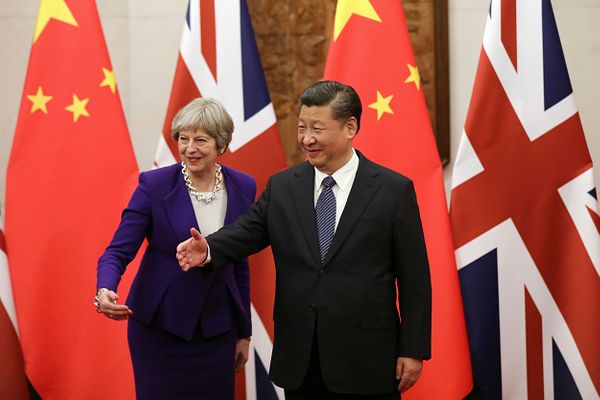
Listening to the people
Last Sunday 30th October, the Sunday Times published a more balanced review of Hong Kong by Oliver Shah. Like me, he found the severe restrictions imposed to reduce Covid infections ‘so tight that at one point they turned it into Asia’s walled city.’ Mr Shah links the western prejudice about China’s security law to the Covid restrictions.
Covid rules overlap with the crackdown on civil freedoms. Booming audio messages remind visitors to public places that gathering in groups of more than four is illegal (recently relaxed to 12). Facemasks are worn almost everywhere, adding to the sense that Hongkongers have been muzzled.
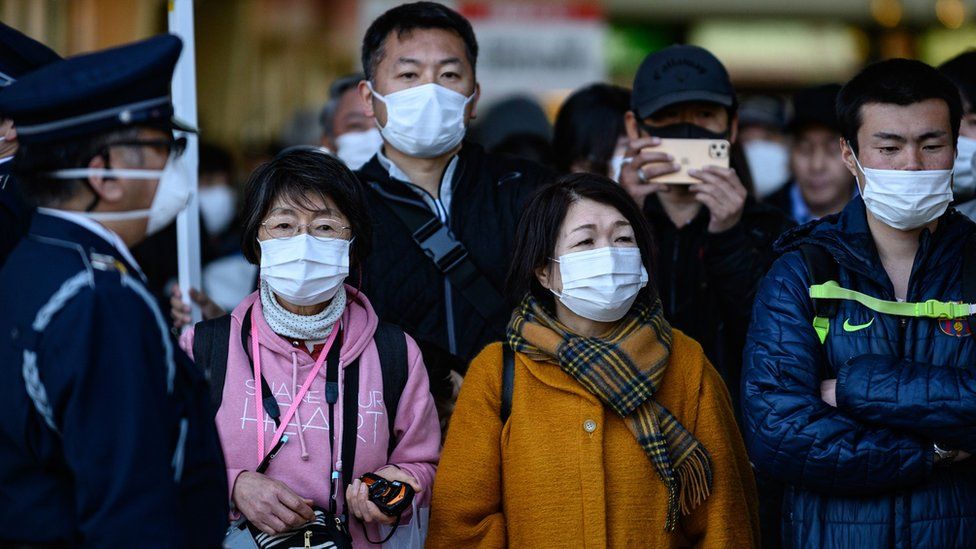
However, he also goes on to quote a Briton living in Hong Kong:
It’s not a fundamental human right to set the MTR on fire,’ drily referring to the way rioters targeted the city’s Mass Transit Railway subway system. The awkward truth is that some British expats prefer a becalmed Hong Kong.
Why is that truth ‘awkward’? Awkward for whom?
Shah goes on:
The ascent of Xi Jinping in 2012 changed Hong Kong’s future, as it did China’s. In August 2014, responding to demands for more democracy in the selection of the chief executive, Beijing declared that two or three candidates could be put to a vote, provided it vetted them first. Legco rejected the offer: the vetting was unacceptable.
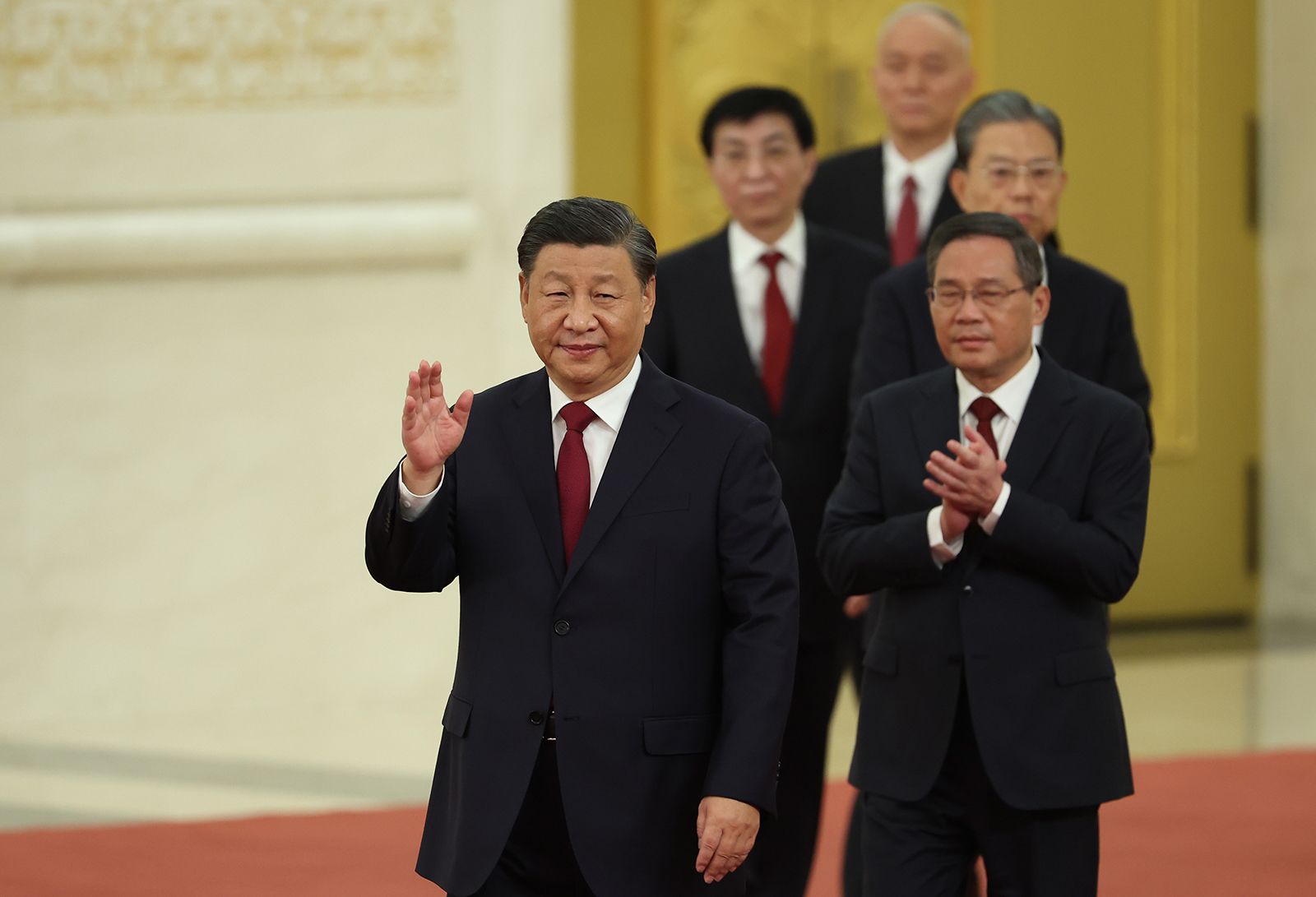
Mr Shah quotes a then leading Hong Kong politician:
We really made a huge mistake. I mean, this was Xi, willing to take the risk of allowing Hong Kong to directly elect the chief executive. Now that we look back, it was really big. But we said, ‘Stuff that — we don’t want it.’ And Beijing said, ‘OK. You don’t want it? Fine.’
After explaining the concerns of (mostly) younger Hong Kong citizens about freedom of speech, Mr Shah concludes that, while Hong Kong is divided in its views, it has a bright future.
With its dollar-pegged currency and western-style regulatory system, it remains a unique gateway between the mainland and the outside world, channelling two thirds of China’s foreign direct investment.
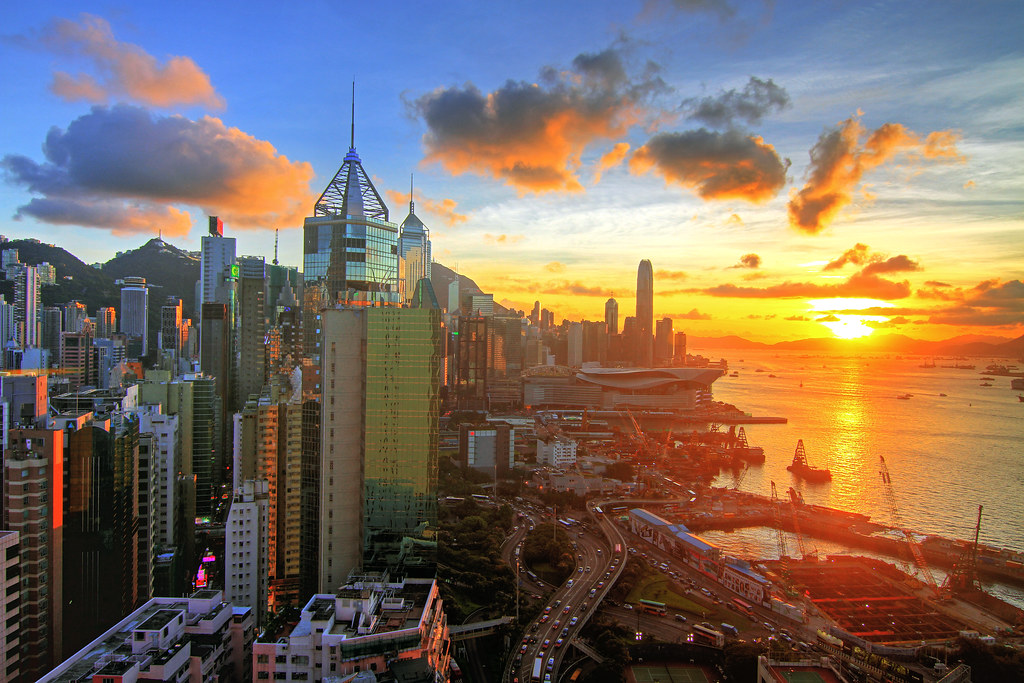
A Hong Kong journalist’s views
In ‘Despatches from Hong Kong’, the South China Morning Post (SCMP) interviews its former Editor in Chief, Wang Xiangwei:
On Xi Jinping:
The new structure will no doubt raise more concerns of it being an echo chamber, further reducing checks and balances and making the collective style of leadership a thing of the past. That said, it must be pointed out that, now that Xi has attained total power, in doing so, he has also signed up for unlimited accountability. This is a two-way street. The focus has so far been on his sheer consolidation of power, but a much bigger question is how he is going to use that power.
On the one-party system:
Unlike democracies, where the people can choose their leaders through the ballot box, the party’s legitimacy of rule comes from the fact it must deliver or risk losing the trust and confidence of the people. Throughout Chinese history, there have been too many examples of disastrous consequences for rulers losing the trust of their people.
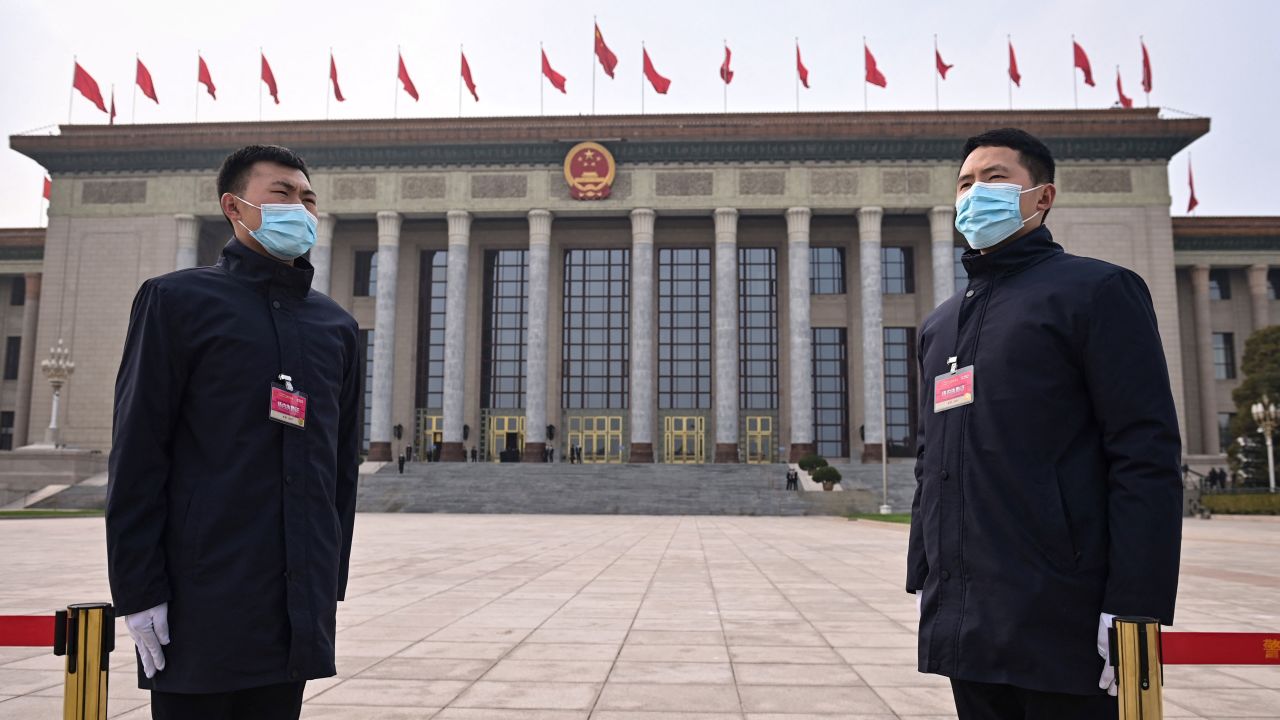
On China’s communications:
From a communications point of view, China must do a better job of explaining its intentions and policies. A case in point is that at the first press conference to explain the significance of Xi’s report to the congress, five senior Chinese officials responded to questions from the media by apparently reading jargon-filled sections from the report.
On Hong Kong:
There is no political logic for Beijing to turn Hong Kong into another mainland city. Another important reason that Hong Kong’s continued prosperity is assured has to do with the little-said fact that China cannot succeed without Hong Kong. When things are good for China, Beijing needs Hong Kong; when times are bad for China, as they are now, Beijing needs Hong Kong more.
On the SCMP:
The value of the Post is that we cover China from an insider’s perspective. Our understanding of China comes from the fact that we are part of it. At the same time, we don’t report to Beijing and are not part of the Chinese media system. This allows us to examine the issues at hand critically and independently.
On press freedom:
It is true that press freedom and free speech in Hong Kong have been under the spotlight following the implementation of the national security law. Beijing and Hong Kong authorities have said the law is designed for crimes that threaten national security, and that reporting can take place, as long as it is accurate. I am pleased to see that the Post, along with other media outlets, have continued to carry prominent stories critical of Beijing without any consequences. The free flow of information and news is vital for Hong Kong as a leading financial and business centre in Asia. In many ways, China stands to benefit from objective, fair, and balanced media in Hong Kong.
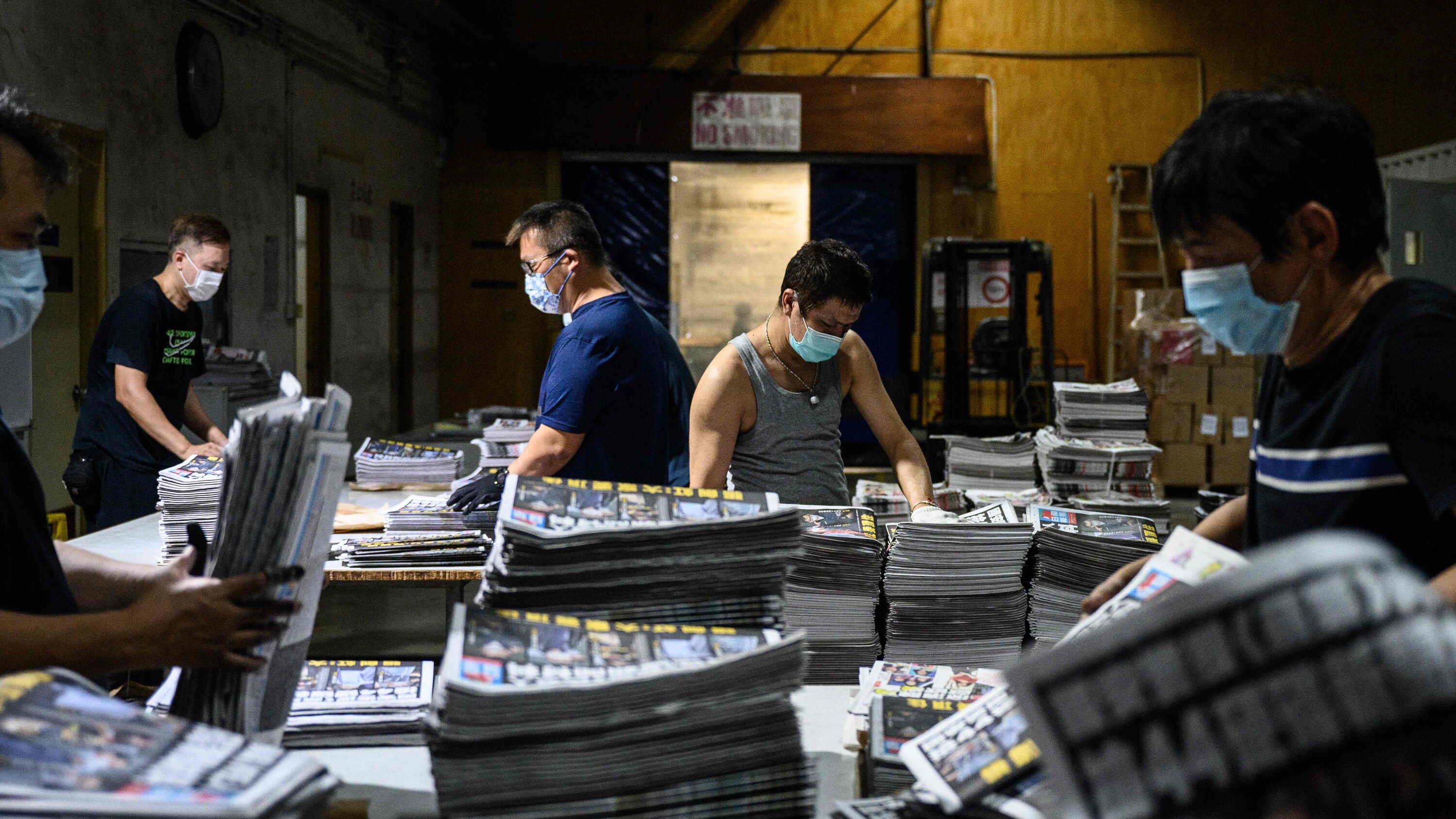
Nobody can deny the problems in Hong Kong. As with any place, life is not perfect. Reasonable men and women take a balanced view.
Worked on the article:

Wanlikhang


